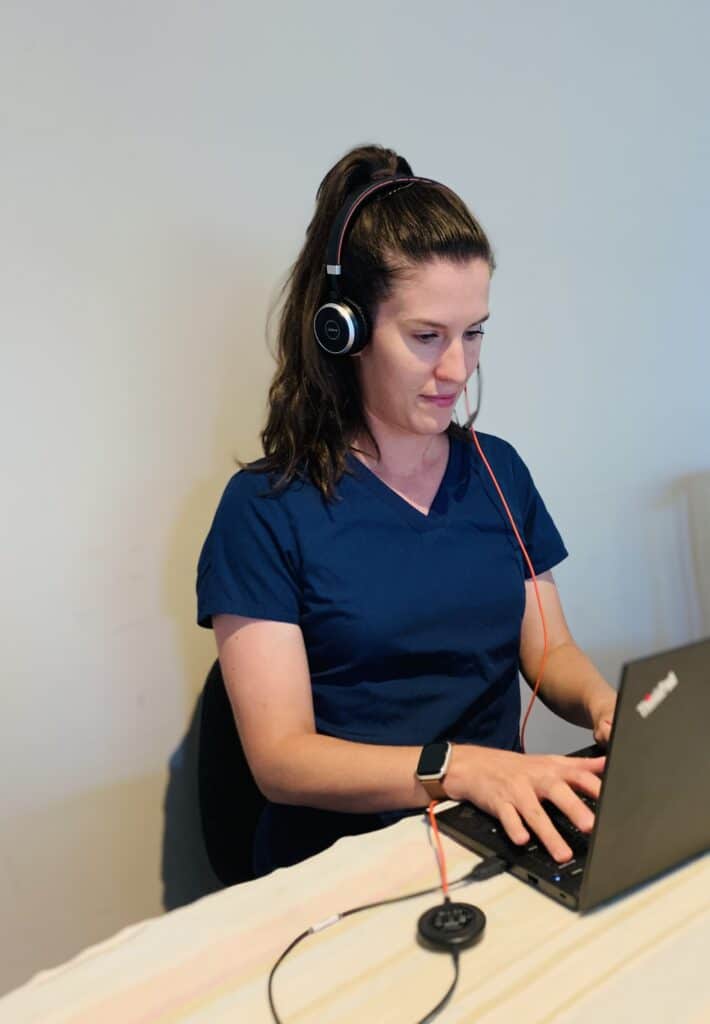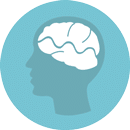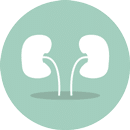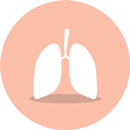Signs, Symptoms and Treatments
These information pages provide in-depth information about the different signs and symptoms of TSC (Tuberous Sclerosis Complex), recommended surveillance and treatment options. These pages have been reviewed by our expert Medical Advisory Panel but our information pages should not be used as a substitute for medical advice.
Almost all people with TSC (Tuberous Sclerosis Complex) have some signs of TSC in their brain…
Epilepsy is a neurological condition that makes people susceptible to seizures…
There are a variety of signs of TSC (Tuberous Sclerosis Complex) that can involve the eyes…
At birth or in infancy, approximately 50% of individuals with TSC (Tuberous Sclerosis Complex) have at least…
Many people with TSC (Tuberous Sclerosis Complex) will develop some signs of TSC in their kidneys…
Some people with TSC (Tuberous Sclerosis Complex), especially women, may have signs of TSC in their lungs…
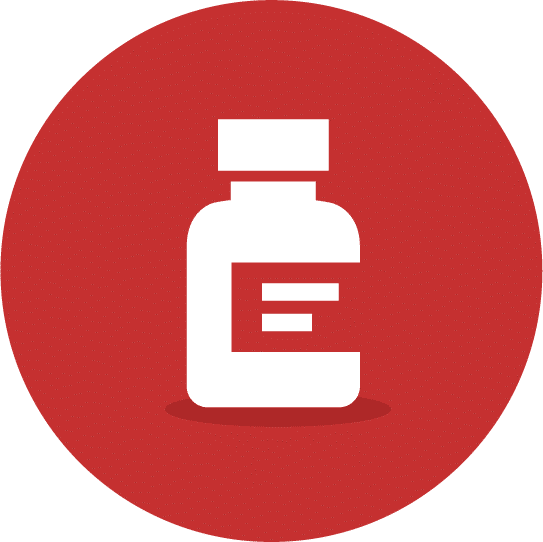
The term mTOR inhibitor refers to a group of medicines. The generic (official) names for the two main medicines are Everolimus and Sirolimus…
Nearly all people with TSC (Tuberous Sclerosis Complex) will have signs of TSC on their skin…
The impacts of TSC (Tuberous Sclerosis Complex) on behaviour, learning and mental health are often the most difficult…
Understanding TSC

If you have questions and/or need more information
If you have questions and/or need more information, you can speak with the TSA Nurse. This is a free, confidential information and support service which provides TSC information and links to practical support.
You can book a time to talk with our Nurse by completing the online booking form on this website or by phoning 1300 733 435 (Australia only).
The TSA nurse can help with:
